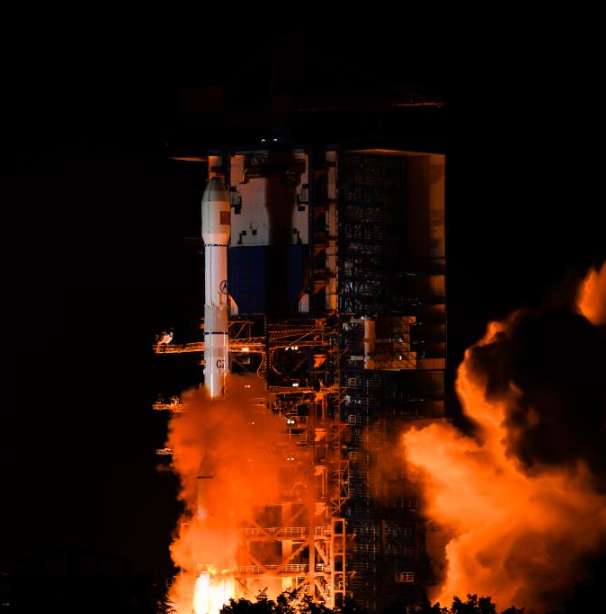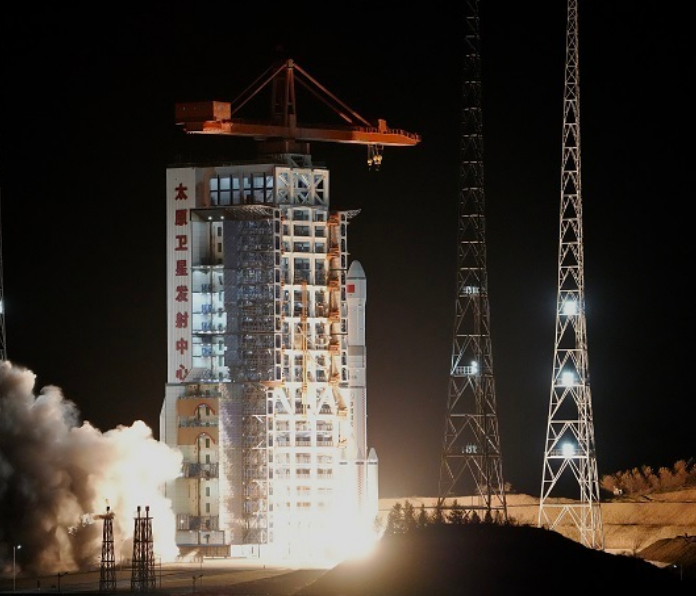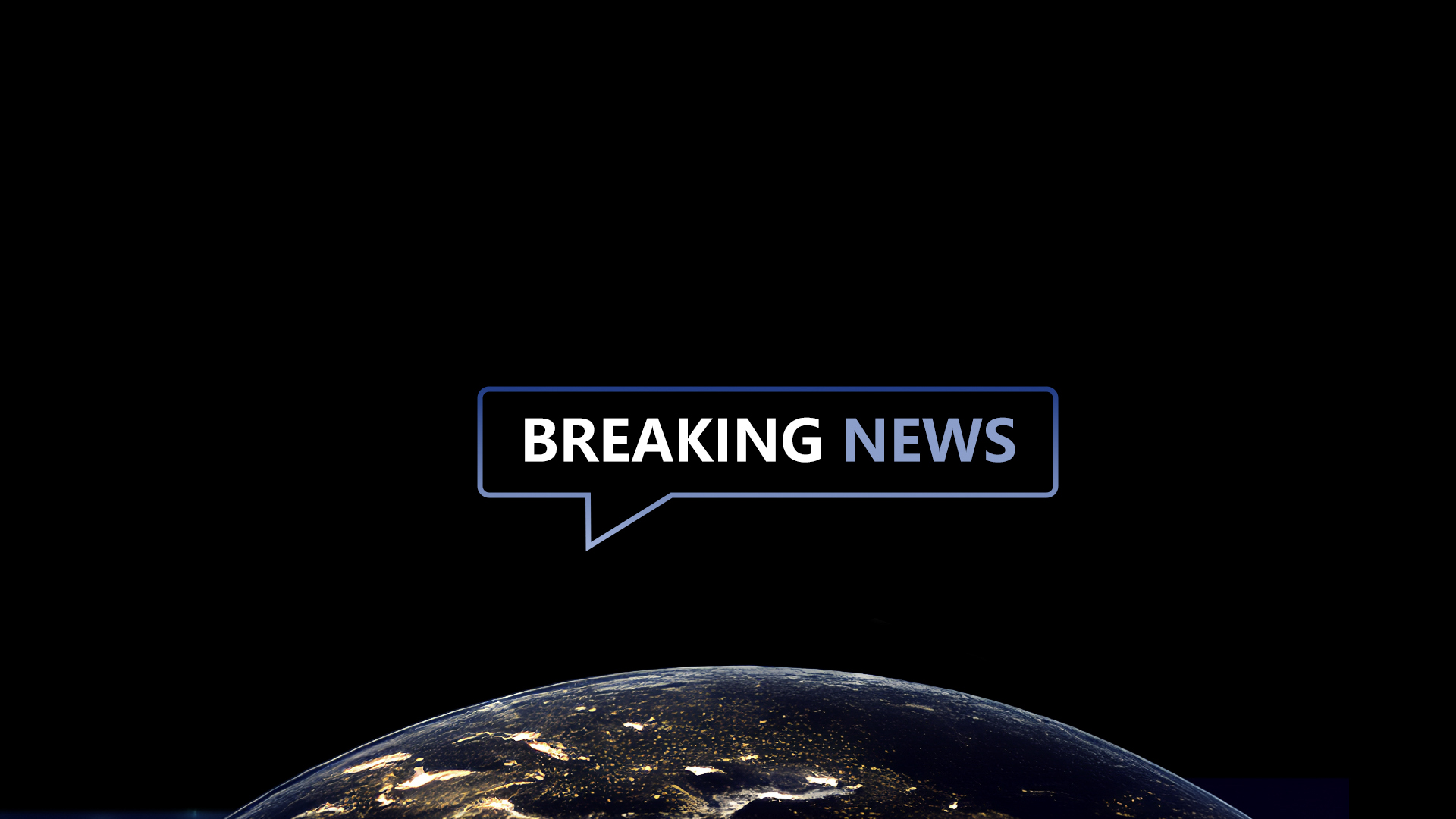19
2025-02
IAF and USPACE Launch Hundred-Satellite Exhibition
USPACE International Astronautical Federation (IAF) and USPACE Technology Group Limited (USPACE) will jointly launch the "Hundred-Satellite Exhibition." The exhibition will be held in Hong Kong from March 10 to 13, 2025, and will subsequently tour countries including Canada, the United States, Turkey, the United Arab Emirates, Egypt, Malaysia, Thailand, France, Spain, and Brazil. It will showcase 100 optical satellites with 5-meter resolution and their related components manufactured by USPACE.
Centered on the "AI + Precision Manufacturing" concept, the exhibition integrates cutting-edge artificial intelligence technologies such as Google DeepMind, Siemens Insights Hub, GPT, Deepseek, IoT + IBM Cloud, and PyTorch. These advancements enable more efficient, precise, and cost-effective satellite and component manufacturing, reducing costs by 80% and increasing production efficiency by 80%.
Over the next five years, USPACE will leverage its global manufacturing capabilities and AI technology to become the world's largest and lowest-cost manufacturer of low Earth orbit satellites. The company plans to increase its annual production capacity to 700 satellites, including 500 with 5-meter resolution, 150 with 1-meter resolution, and 50 with 0.5-meter resolution. USPACE is committed to extending next-generation "AI + Precision Manufacturing" technologies to more fields, driving innovation and sustainable development in the manufacturing industry.
This exhibition highlights USPACE's technological breakthroughs in satellite manufacturing and underscores its profound impact on the global aerospace industry.
-
29
2025-05

Tianwen-2 Mission Launched Successfully
At 1:31 AM today, China successfully launched the Tianwen-2 planetary exploration probe from the Xichang Satellite Launch Center using the Long March-3B Y110 carrier rocket.
-
13
2025-05

Communication Technology Experiment Satellite No. 19 Successfully Launched
At 2:09 on May 13, China successfully launched the Communication Technology Experiment Satellite No. 19 from the Xichang Satellite Launch Center using a Long March 3B carrier rocket. The satellite smoothly entered its predetermined orbit, and the launch mission was a complete success.
-
12
2025-05

Remote Sensing Satellite No. 40, Group 02, Successfully Launched
On May 11 at 21:27, China successfully launched the Remote Sensing Satellite No. 40, Group 02, from the Taiyuan Satellite Launch Center using a Long March 6A carrier rocket. The satellite entered its predetermined orbit smoothly, and the launch mission was a complete success.









